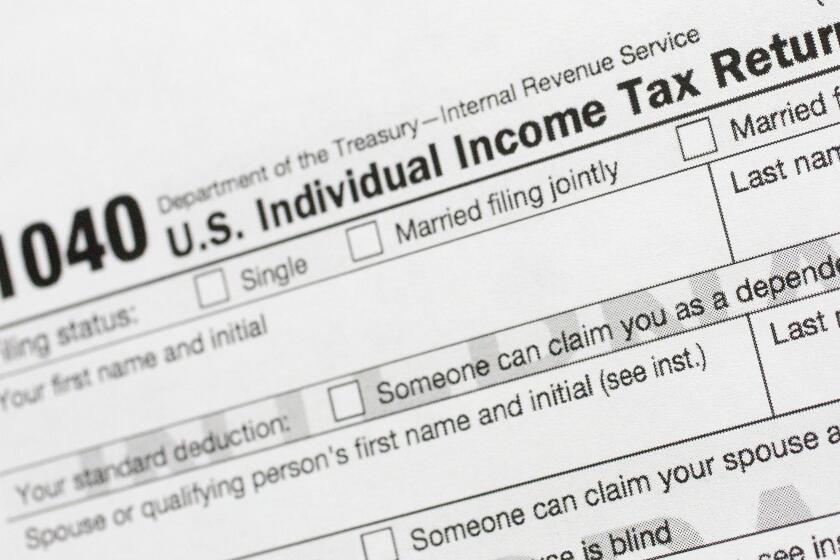Groupon changes privacy policy to collect more personal info
Reporting from Chicago — Groupon Inc. is changing its privacy policies to allow it to collect more information as it offers more deals targeted to users based on their locations.
The Chicago deal site announced the changes in an email to its 83 million subscribers Sunday, saying that the new policies are part of an effort to provide greater transparency about the way it handles private information about users. The announcements come as the company seeks to go public and on the heels of its launch of Groupon Now, a mobile service that provides instant deals based on a user’s location.
“In short, if you use a Groupon mobile app and you allow sharing through your device, Groupon may collect geo-location information from the device and use it for marketing deals to you,” the company said.
The company broadened its definition of “personal information” to include “interests and habits” and said a partnership that provides travel deals with Expedia means that personal information can be shared with the travel site if users subscribe to receive travel deals.
Groupon said other information it collects and shares with Expedia Inc. and for use on Groupon Now could include relationship information, transaction information, financial account information and mobile location information.
The deal company said customers can control what is shared and collected by Groupon.
Consumers can manage their email preferences and subscriptions through their account setting, how cookies are handled through their browsers and can opt out of being targeted by certain third-party advertising companies by clicking links provided in Groupon’s privacy policy.
Users who wish to opt out of receiving offers from Groupon’s business partners can follow opt-out instructions that come in emails those companies send out. Users can also stop their mobile devices from sharing location information with Groupon by adjusting the privacy settings on their phones.
Jeffrey Johnson, a partner specializing in digital media with New York law firm Pryor Cashman, said Groupon’s decision to email consumers about the changes and explain them in plain English is an attempt to ward off potential controversy. Past privacy changes on Facebook Inc., for instance, led some consumers to leave the site after the changes took them by surprise.
“I think this is driven as much, if not more, by public relations as much as anything else,” he said.
Darren Cahr, a partner at DrinkerBiddle in Chicago, said the policy is a good indication about the direction Groupon is headed.
“Geo-location is becoming increasingly important in general,” he said. “But I think that to Groupon in particular, this is evidence that it will be an important part of its business model in the years to come.”
Johnson said that although the policy seems to be appropriate to the business model, consumers should be aware of a few areas that provide Groupon with wiggle room that some people may find uncomfortable. For instance, he said, the policy allows Groupon to collect and share information you provide about your friends.
“You should be thinking about whether it’s ‘polite’ — for lack of a better word — to share someone’s information with another website,” he said.
At the same time, it isn’t clear whether the service providers Groupon uses are expected to abide by the same rules or what information merchants may receive to foster a relationship with consumers once they purchase Groupons. In the event Groupon files for bankruptcy, it isn’t clear whether the rules would still apply.
But by its nature, the convenience of social commerce requires privacy trade-offs, said Cahr.
“Realistically speaking, in the end, you don’t have to do Groupon,” he said. “You don’t have to do any of these things.”
More to Read
Inside the business of entertainment
The Wide Shot brings you news, analysis and insights on everything from streaming wars to production — and what it all means for the future.
You may occasionally receive promotional content from the Los Angeles Times.










